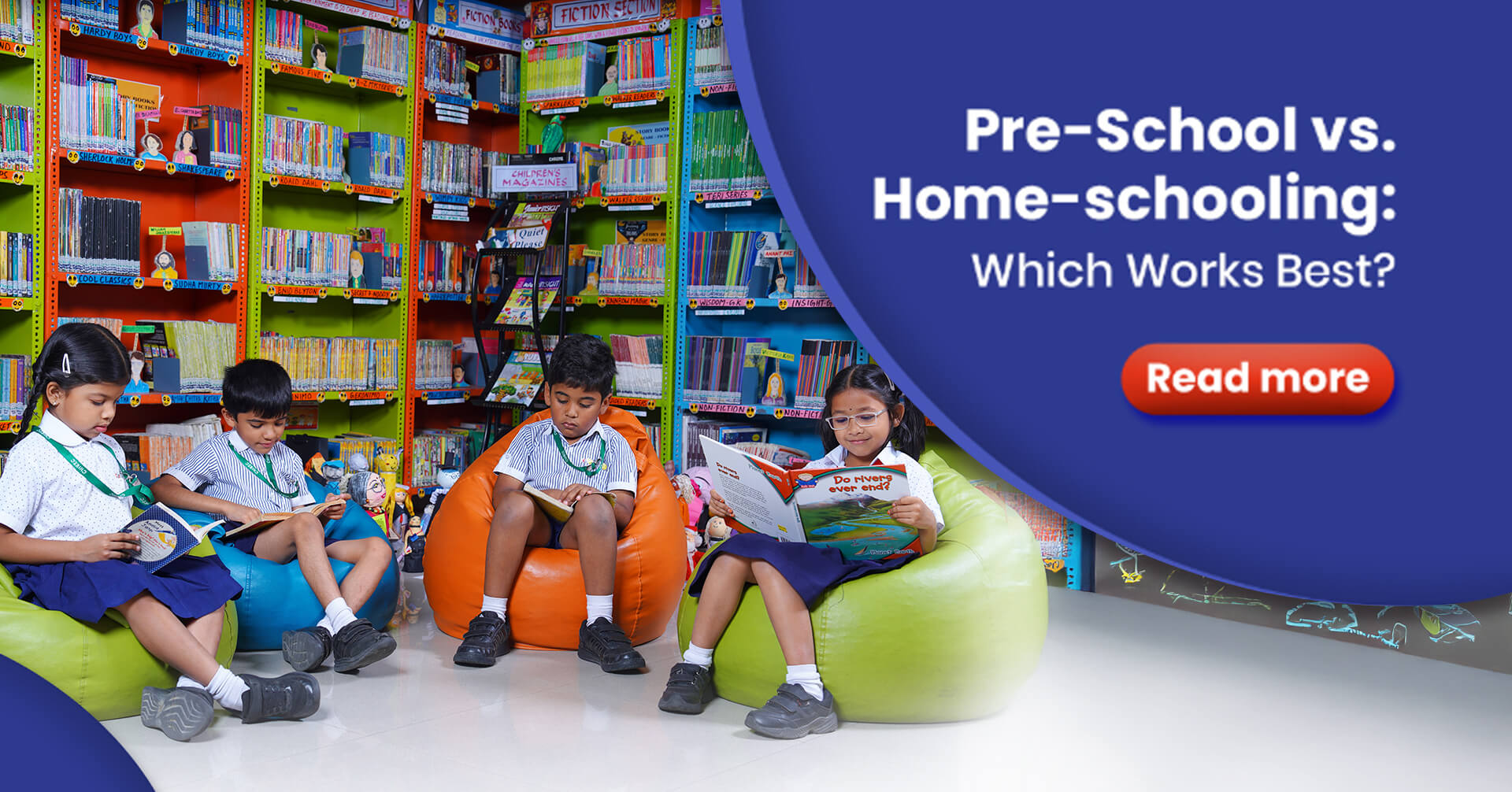Choosing between pre-school and home-schooling is a significant decision for parents, often influenced by family values, child temperament, available resources, and educational priorities. Both approaches have unique strengths and potential challenges. The key is understanding what suits your child’s learning needs and your family circumstances.
What Pre-School Offers:
Pre-School immerses children in a structured environment designed for early learning. Children gain:
Socialisation: One of the greatest advantages is exposure to peers. Through group play and collaborative activities, children develop essential social skills such as sharing, empathy, cooperation, and conflict resolution.
Trained Educators: Pre-Schools employ teachers trained in early years education, ensuring that learning activities align with developmental milestones.
Structured Routine: Pre-Schools introduce children to routines and rules, preparing them for the rhythm of formal schooling. This structure supports emotional regulation and discipline.
Early Academic Foundations: From letters and numbers to pre-maths and pre-literacy skills, Pre-Schools spark curiosity and love for learning through engaging activities.
Independence and Confidence: Children learn to make decisions, solve problems, and navigate a mini-society, fostering self-assurance.
However, pre-school comes with tuition costs and often less individualised attention. Some children may struggle with separation or group settings. Parents have limited involvement in daily education but can engage through events and parent-teacher meetings.
What Home-schooling offers:
Home-schooling elevates parental involvement and customises learning at home. Families choose this path for several reasons:
Personalised Curriculum: Parents design lessons around their child’s interests, abilities, and learning pace. This one-to-one instruction can lead to deeper understanding and confidence.
Flexible Schedule: Home-schooling fits family rhythms, holidays, and explorations, making learning less stressful and more adaptable.
Safe Environment: Children learn in a familiar, supportive setting without risks such as bullying or negative peer pressure.
Values-Based Education: Home-schooling allows parents to integrate family values, cultural beliefs, or religious teachings into education.
Special Needs Accommodation: Lessons can be tailored for gifted, neuro-divergent, or differently-abled children, ensuring their unique needs are met.
Stronger Family Bonds: Teaching at home fosters close relationships among family members, with learning doubling as quality time.
The challenges? Home-schooling demands considerable time, planning, and patience from parents, who must play dual roles of caregiver and educator. Socialisation must be intentionally built through playgroups, clubs, or community activities, which can require extra effort.
Which Works Best?
There’s no one-size-fits-all answer. Pre-School excels for parents seeking structure, early socialisation, and professional guidance. Home-schooling suits families prioritising flexibility, personalisation, and values-driven education. Many parents blend both approaches, starting with Pre-School for social growth and supplementing with home activities for additional learning. Ultimately, observe your child’s personality, try one model, and stay open to change. The right choice is what nurtures curiosity, confidence, and happiness in your child’s unique path.
In summary: Pre-School and home-schooling both offer powerful, but different, ways to support your child’s early growth. Reflect on your family’s needs and your child’s temperament, and choose or mix the approach that works best for you.





